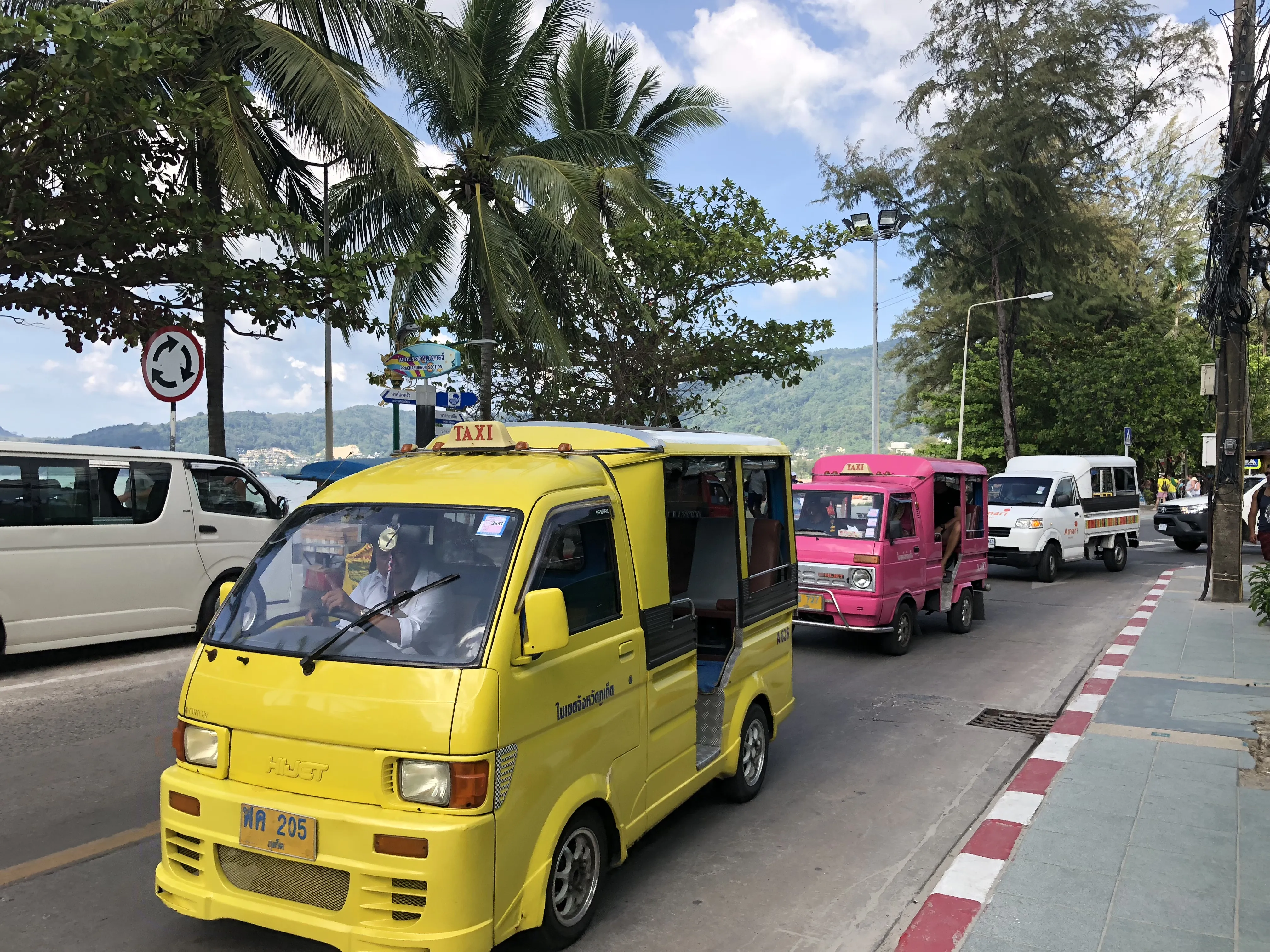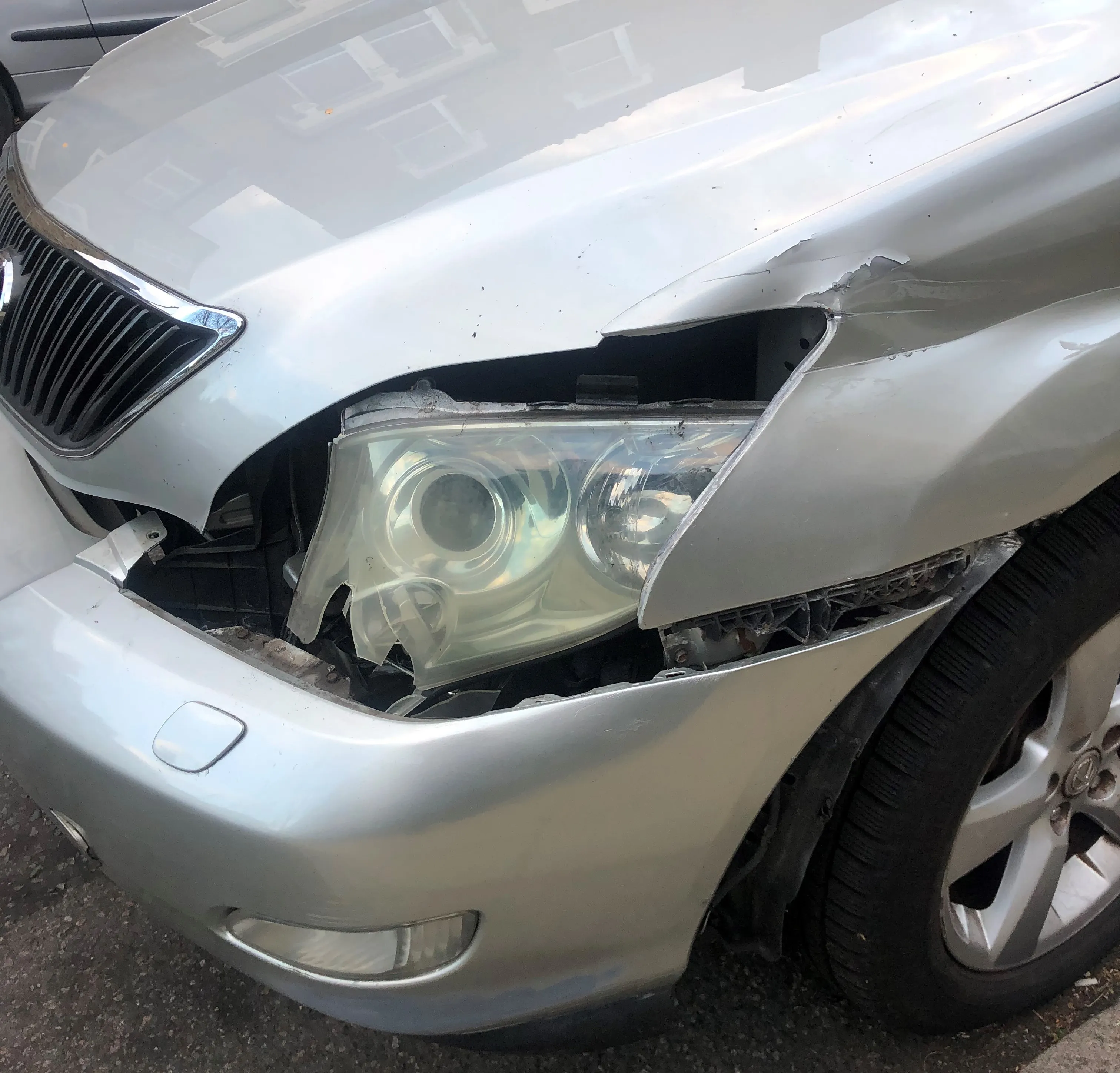The latest road casualty statistics show drowsy drivers contributed to 53 fatal and 351 serious crashes in 2017. However, it is widely accepted the true figure for fatigue related crashes is much higher. And it is estimated that up to 25% of fatal accidents are caused by drivers who have fallen asleep at the wheel.
Men are more than three times as likely as women to say they have fallen asleep at the wheel (17% compared to 5%). And young drivers, aged 18-to-24, are the most likely to say being very tired does not affect their driving ability (13% compared to 2% of all drivers). They are also the most likely age group to say they normally carry on regardless if they feel tired while driving (18% compared to 3% of all drivers).
Some 57% of drivers say they stopped for a break as soon as they realised they might be too tired to drive. But just 34% of 18-24-year olds said this. Meanwhile 36% said they felt fine when they started their journey and their drowsiness took them by surprise. This was higher among young drivers at 45% for 18-24-year-olds. Meanwhile 11%)knew they were tired when they began their journey and 29% of 18-24-year olds, compared with 15% of women and 9% of men. And 23% said they had been driving for more than two hours without a break when they were affected by tiredness (25% of men and 19% of women).
The top reasons for driving tired are a long/hard day at work (39%), monotony of the journey (33%), late night driving (27%), trying to cover too much distance in one day (27%), lack of sleep the night before (26%).
The AA Charitable Trust is calling on drivers to be alert to fatigue, reminding them that if they find themselves winding down the window or turning up the radio that these are a symptom of tiredness and not an effective remedy. Drivers doing these things need to take it as a sign they are too tired and need to stop at the next safe place; have two cups of coffee (or equivalent caffeinated drink) and nap for around 15 minutes. Research shows 17% of visitors say they felt tired when arriving at a motorway service station, but this fell to 11% on exit.
Drowsy driving dangers for road users
Up to 25% of fatal road crashes in the UK are caused by drowsy driving. This is the result of research carried out jointly by the AA Charitable Trust. The research suggests that men and young drivers are most likely to be at risk from drowsy driving. Meanwhile the research shows that 13% of UK drivers admit falling asleep at the wheel. And 37% say they have been so tired they have been scared they would fall asleep when driving.
The latest road casualty statistics show drowsy drivers contributed to 53 fat
November 2, 2018
Read time: 3 mins
Up to 25% of fatal road crashes in the UK are caused by drowsy driving. This is the result of research carried out jointly by the AA Charitable Trust. The research suggests that men and young drivers are most likely to be at risk from drowsy driving. Meanwhile the research shows that 13% of UK drivers admit falling asleep at the wheel. And 37% say they have been so tired they have been scared they would fall asleep when driving.








